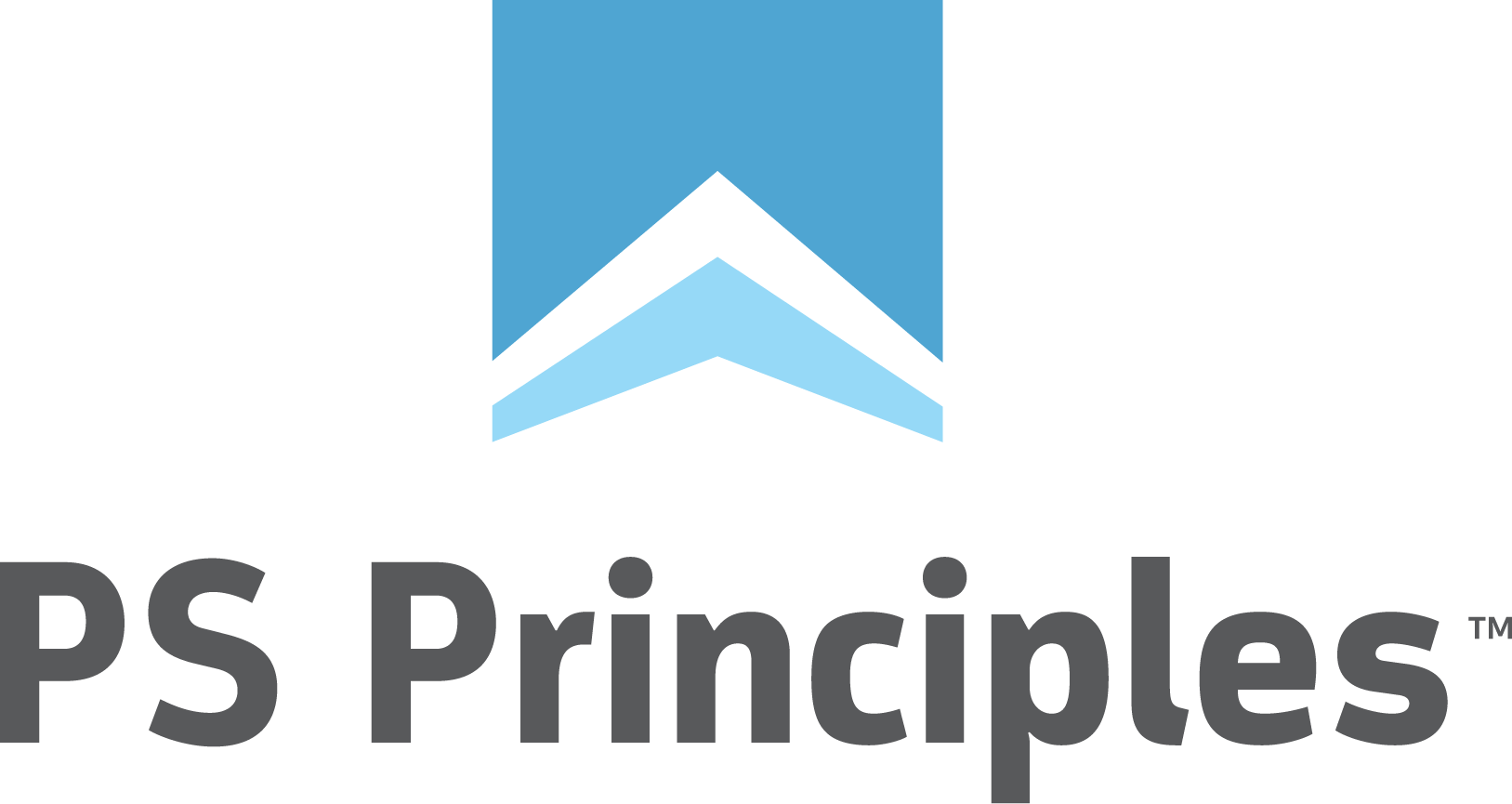Professional Services Operations

PS Operations
For any manager, the simultaneous delivery of multiple successful outcomes is a challenge that can take a lifetime to perfect. Even with effective delegation, the manager is still accountable for the results. The tool I use to deal with this is Operational Cadence. It's a simple term that represents a well architected calendar of events and ensures that the manager's focus is evenly spread but also, has the flexibility to intently focus on ad hoc events when unexpectedly needed.
A framework that PS Managers can adapt to help in this area is the Three Horizons Model. This model was originally developed by McKinsey to look at how innovation can be generated while maintaining operational effectiveness. For our needs, I've adapted it a little to help us identify how to work at each horizon in a cyclical way so that we spread our time to where it is needed so that we can facilitate the completion of many outcomes at once while not letting outcomes fall through the cracks.
The model does not require that you have your delegation correctly tuned. You may still be the bottleneck for ll things, but of course, the correct use of delegation is always going to enhance how efficient you are able to make this model work.

Horizon #1: Imminent Impact
Horizon #1 is the "now". In a professional services business we need to deal with those things that are going to cause us business disruption now. Otherwise, the impact of the problem gets worse. For a PS Manager, the areas of the business that need attending now are those most fundamental to achieving success in the immediate future, such as:
- Customer Escalations. These have the highest likelihood of blowing your monthly number to smithereens so deal with them now.
- Burned Out Consultants. If you can identify them, then you need to act now to prevent them from leaving.
- Resource Optimization. In our business you only make the money that you are scheduled to make, hence you must ensure that you have maximized that schedule BEFORE the clock starts ticking.
- Winning Deals. Tomorrow's revenue comes from today's closed deals. If you have a deal that needs to be inched forward, then push it now.
- Hiring People. You don't know when your next resource will leave and if you have new work coming down the pipeline, then you will need new and trained resources before it arrives so move on the acquisition of good people now so that it doesn't become a blocker to your future success.
The "now" should be taken care of daily. In fact, you should schedule the start of each of your days to address the Horizon #1 issues. If you don't they just get worse. At some point in the day you will get to Horizon #2.
Horizon #2: Getting things "Done!"
Horizon #2 is focused on how we make our numbers. We look at the elements of the business that are moving the needle on project progress and revenue so that we can make sure that we are doing what we said we would do for the quarter. For a PS Manager those things may include:
- Forecasting the current and future quarter's revenue, cost and margin.
- Tweaking resource plans to account for future needs.
- Identifying and removing unneeded costs in the P&L
- Working with Partners
- Attending customer sponsor meetings
- Having 1:1 Meetings
- Working with the PMO or portfolio managers
- Using Collective Wisdom
- Maintaining compliance to our methodology
- Marketing activities
Horizon #3: Securing the Future
Horizon #3 is about making sure that in the future, we are better or more prepared than we are today. This means investing in areas such as:
- People Skills
- Technology & Innovations
- Creating Collective Wisdom
- Planning for Growth
- Succession Planning
- Marketing analysis
The general process for using this framework is to map it out over your usual 13-week quarterly cycle. Almost every day you should be starting it by looking at your Horizon #1 areas. You should then move into a weekly cycle for your Horizon #2 areas and then finally be scheduling wether on a monthly or quarterly cycle for your Horizon #3 areas.
Within this framework, you can also assign your delegation so that the people within your team are 100% clear that they own the achievement of specific outcomes that you will be checking in on regularly. As a great colleague once reminded me, "Inspect what you expect."
Related Readings
People Management Skills: What You Need To Know
Six Rules For Creating A Packaged Service
Building A Consultant Acquisition Strategy
